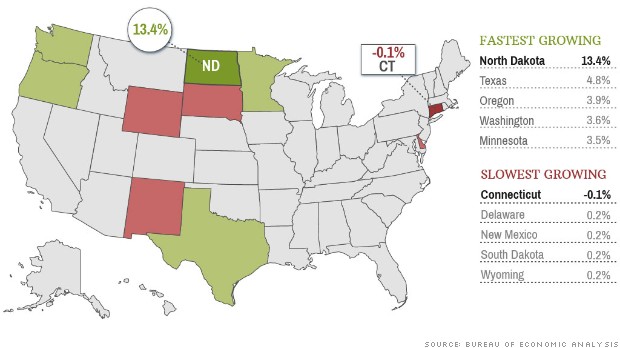
Conservatives in Rio Rancho are attempting to heal some wounds in the wake of the failed ballot measure last month. While my organization endorsed the tax cut proposal, there were honorable people with reasonable views on both sides of the issue.
And, while tax policy is an important component of economic development policy, Rio Rancho’s city council should look beyond taxes (at least in the immediate future) to consider ways to improve governance in the city while also making it a more attractive place to do business.
One of the most important ways to do this is by having a more efficient government with improved cost-effectiveness.
In Indianapolis, former Mayor Stephen Goldsmith had an informal test called the “Yellow Pages Test.” The basic idea behind the test was that if more than one private sector provider for a given service can be found in the phone book, the private sector provider, not government, should be given the job or at least allowed to compete for it on an even playing field with government workers.
According to local government efficiency expert Leonard Gilroy, who visited New Mexico to share policy ideas with elected officials in Rio Rancho and other cities, some of the best government services to consider using private providers include:
• Accounting, financial and legal services;
• Planning, building and permitting services;
• Building/facilities financing, operations and maintenance;
• Park operations and maintenance;
• Animal shelter operations and management; and
• Major public infrastructure assets (roads, water/wastewater systems, airports and so forth).
This list is not meant to be limiting. For example, Rio Rancho already uses a private company for trash collection. Albuquerque, on the other hand, uses more expensive city employees and only recently embraced a public-private partnership to handle and dramatically expand its recycling program.
Turning over the management of city parks and buildings may sound like a drastic step and it can be politically challenging, but it doesn’t have to result in large numbers of unemployed city workers. In fact, city workers can and have been asked to compete against private providers for contracts.
Setting specific, clearly-defined contractual goals is just good business and having competition to determine the provider is a great way to ensure that all sides are treated fairly and that expectations are met. This is called “competitive sourcing” and is in use in dozens of cities nationwide.
Chicago Mayor Rahm Emanuel has done this with his city’s curbside recycling program while Los Angeles Mayor Antonio Villaraigosa privatized management of one of the city’s major animal shelters and is in talks to do the same with the Los Angeles Zoo.
If these big-city liberals are willing and able to leverage the private sector to make government more efficient, surely conservatives in Rio Rancho can embrace the concept.
Making government more efficient and cost-effective will save taxpayers money and will make Rio Rancho a more attractive destination for businesses and productive workers.
Cutting the cost of government services will allow for future tax cuts as well.
Policies that streamline government and free resources up for the private sector are at the core of what conservatives and free market advocates are about.
To heal the acrimony in Rio Rancho, I hope that free market conservatives will embrace such an agenda.
Paul Gessing is the president of New Mexico’s Rio Grande Foundation. The foundation is an independent, non-partisan, tax-exempt research and educational organization dedicated to promoting prosperity for New Mexico based on principles of limited government, economic freedom and individual responsibility.





